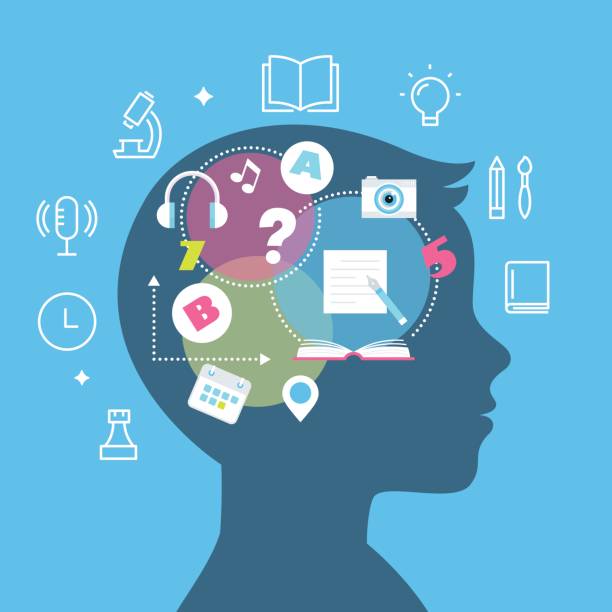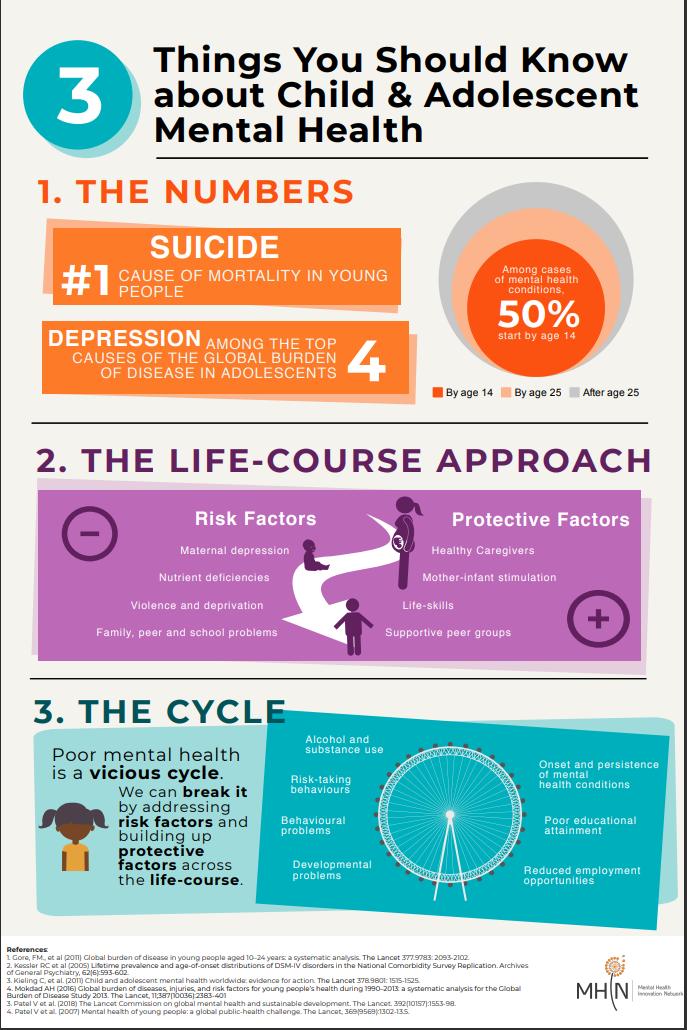Learning disabilities approximately affect 14% of the population which means 1 in 7 individuals have some sort of learning disability. Some of the most common learning disabilities are Dyslexia, Auditory Processing Disorder (APD), Dyscalculia, and Dyspraxia. Learning disabilities have many characteristics but a few are struggles with reading and writing, problems with math, poor memory, problems paying attention, trouble following directions, and trouble staying organized. These characteristics can make school a very difficult and daunting task for those who struggle with it. However, LD’s are not always negative, people with LD’s or ADHD have been shown to have bigger aspirations for self-improvement, better work ethic, and a holistic thinking style. Over the years people have misjudged LD’s and there have been many misconceptions about them. This article is going to go over 3 LD misconceptions and why they are not accurate. These things include that people with LD’s are lazy and unmotivated, people with LD’s are not as smart, and LD’s just affect academic life.
The first misconception about learning disabilities is that it is a motivational problem. A lot of Kids with LD’s have struggled much more than they needed to because teachers and parents have mistaken it for laziness or unmotivated behavior. However, kids with LD’s are not lazy whatsoever. They just need a little bit more support because they learn a different way. An article by HelpGuide.org states “A learning disability is not a problem with intelligence or motivation and kids with learning disabilities aren’t lazy or dumb. In fact, most are just as smart as everyone else. Their brains are simply wired differently—and this difference affects how they receive and process information”. It would save a lot of kids some struggle if teachers and parents took the time to assess their kid and their learning habits rather than just jump to the conclusion that they are lazy. People with learning disabilities are in no way lazy or unmotivated, they just learn differently and may need a bit more support than others.
The second misconception about learning disabilities is that people with them are not as smart as others. This is not true whatsoever. Learning disabilities do not affect one’s intelligence. Actually, people with LDs have been shown to have average and even above-average IQs. It is believed that even Albert Einstein may have suffered from dyscalculia or dysgraphia that made him see numbers differently. People with LD’s have even shown to think outside the box more than others and come up with better solutions to problems. They also have shown to be more creative. This is because the same brain differences that cause dyslexia can lead to more creativity and an open mind. Leonardo Da Vinci had dyslexia and that helped him to create beautiful and creative artwork. Overall, people with learning disabilities are just as smart or even sometimes smarter than people without them.
The last misconception about learning disabilities is that they just affect academic life. Learning disabilities of course affect people inside of school and their jobs but that’s not all they affect. Many people with LD struggle with social skills. Many have struggles reading body language and don’t know how to react to certain situations. Others find it hard to follow a conversation. They may not be able to keep up with the conversation or be able to comprehend the stories people are telling. They may also not be as quick to grasp things as others and need more time for their brain to process them. Other ways LD’s affect everyday life are staying organized, managing money and finances, and reading things like maps and clocks. These things can make everyday life a bit more difficult. However, people with LD’s learn to manage it over time and it becomes easier. The misconception that is false is that LDs only affect academic life.
Many people struggle with learning disabilities all over the world. Whether it be severe or mild it still affects the person’s life. There are so many misconceptions about LDs that many people believe are true. This can leave a bad stigma on learning disabilities and that’s why people may feel ashamed to admit they have one. LDs are not a bad thing or a flaw that someone has. However, it just means that someone’s brain works a little differently than others which is in no way a bad thing. The misconceptions about LDs that were proven to be false in this article are that people with LDs are lazy and unmotivated, people with LDs are not as smart, and that LDs only affect academic life.








